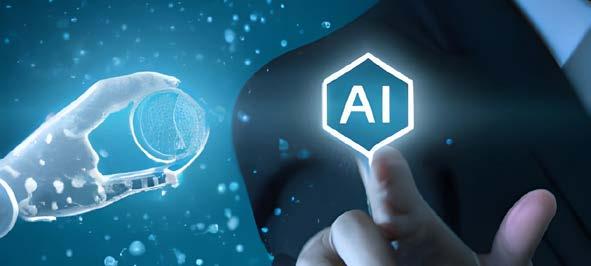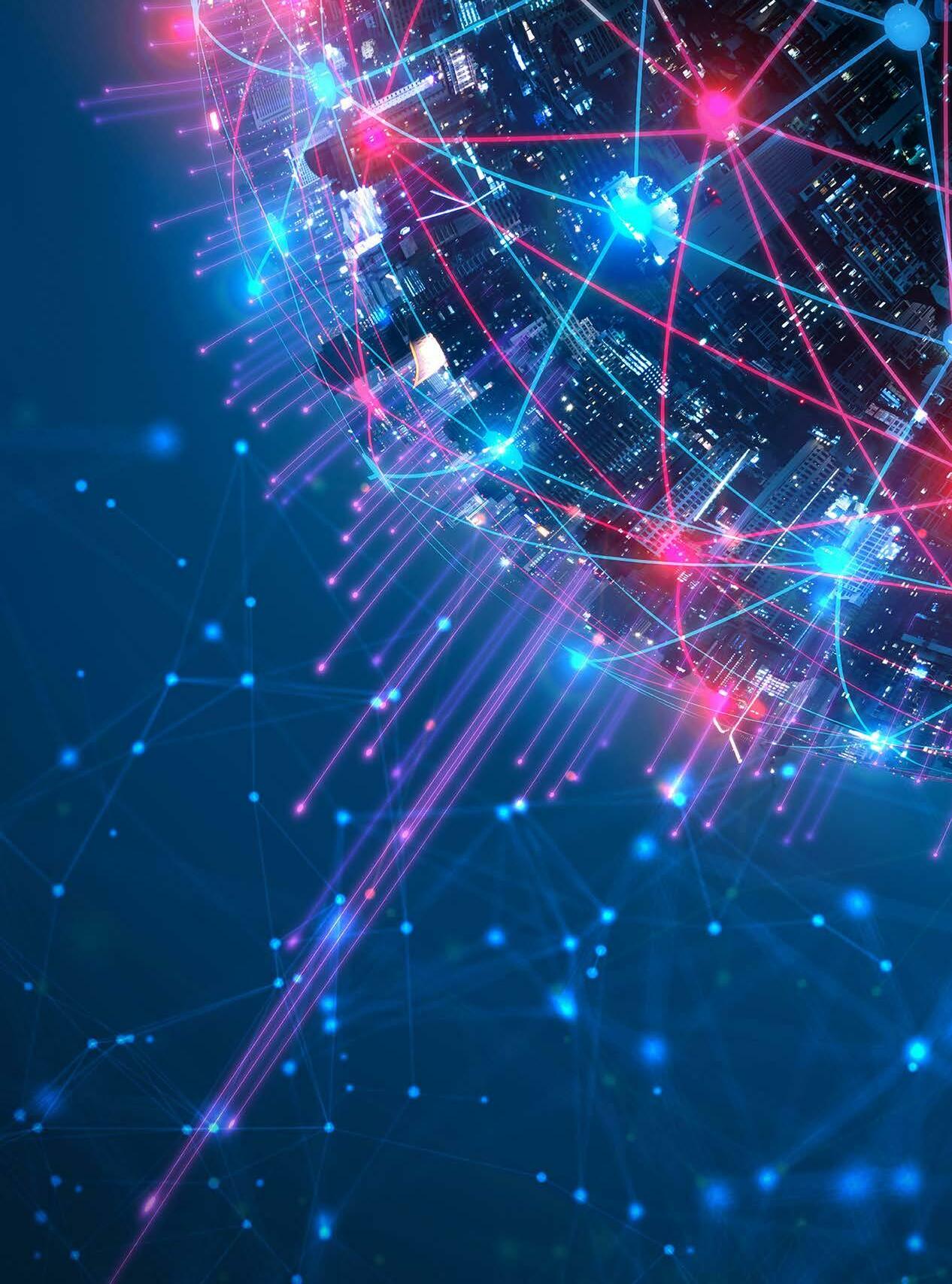
3 minute read
hard talk
ARTICLE by ROBERT YAWE hard talkhard talk
Will AI Be The End Of The CIO’s Role As We Know It Today?
Advertisement
Is it possible that in the future CIOs will be replaced by AI? Or is this just another urban legend?
Artificial intelligence (AI) is rapidly transforming many industries, and the information and communications technology (ICT) sector is no exception. In fact, the adoption of AI in the ICT sector has the potential to significantly impact the role of chief information officers (CIOs) within organisations. One way that AI will affect CIOs is through the automation of certain tasks. As AI algorithms become more advanced, they will be able to take on tasks that were previously performed by humans, such as data entry and analysis. This automation will free up time for CIOs and other IT professionals to focus on more strategic initiatives, rather than being bogged down by routine tasks.
However, the adoption of AI also brings with it the need for new skills and expertise. CIOs will need to become proficient in areas such as machine learning and data science to effectively implement and manage AI systems. They will also need to understand the ethical implications of AI and ensure that the organisation’s AI systems are designed and used in a responsible manner.
Another way that AI will impact CIOs is through the creation of new opportunities for innovation. As AI algorithms become more sophisticated, they will be able to process and analyse large amounts of data in a way that is simply not possible for humans. This will open new possibilities for organisations to gain insights and make better informed decisions. CIOs will need to be proactive in identifying and implementing these opportunities to stay competitive. At the same time, the adoption of AI will also bring with it new challenges for CIOs to manage. One of these challenges is the potential for job displacement as AI takes on tasks that were previously performed by humans. CIOs will need to work closely with HR departments to ensure that affected employees are retrained for new roles, and that the organisation is prepared for any potential disruptions to its workforce.
Another challenge is the need to ensure the security and privacy of AI systems. As AI becomes more prevalent, it will be increasingly important for CIOs to protect the organisation’s data and ensure that it is not accessed by unauthorised parties. This will require a strong focus on cybersecurity and data governance. Overall, the adoption of AI in the ICT sector will bring both opportunities and challenges for CIOs. While it will automate certain tasks and create new opportunities for innovation, it will also require the development of new skills and the management of potential disruptions to the workforce. CIOs who can effectively navigate these changes will be well-positioned to lead their organisations into the future. For anyone who has been reading my articles over the years, this one must have sounded confusing; and that is actually true as I did not actually write the article but instead had the OpenAI ChatGPT to do it for me.
Below, I have shared the prompt I used to generate the article to give you a feel of what is the current reality. “Write a 600-word article on how AI will affect those in the ICT sector specifically the CIOs in organisations. Language can be technical.”
For good measure, I also had another AI called DALL.E 2 create the article illustration.
studio
PARTNER WITH US FOR A SEAMLESS VIRTUAL & HYBRID EXPERIENCE

To partner with us, please contact:
Tel: +254 (0) 701 627 097 studio@cioafrica.co






